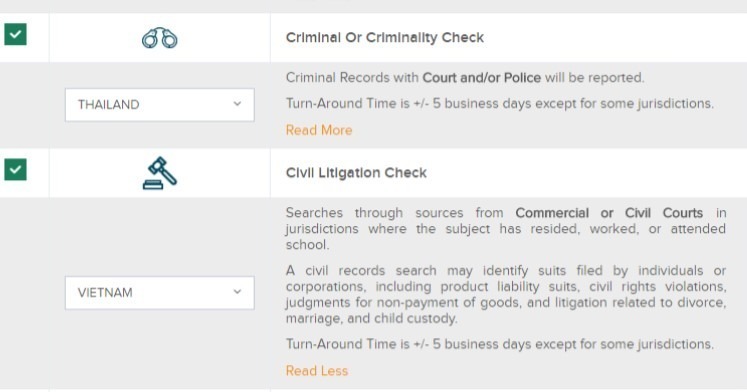Sharing Economy is often known by other names – collaborative economy, gig economy, on-demand economy and peer economy. It allows for independent workers or service providers to enjoy high degree of autonomy, get paid by tasks and have short-term relationships with clients. This has gradually become the new norm of the world in the current digital economy and companies like Uber and Airbnb have been very successful in executing this model. The industrial revolution moved a large portion of the workforce to structured payroll jobs and now the digital revolution is creating a shift in the opposite direction. The trend is gaining huge momentum globally as per McKinsey’s studies.
So what is the gig economy? It’s a labour market driven by short-term contracts and freelance work as opposed to permanent jobs. The kind of services the independent workers provide include healthcare, contract work on freelancing basis, professional services, education, creative services and so on. The breadth of services is definitely broadening especially when it sits in well with the integrated work-life balance several workers are seeking.
From a consumer’s standpoint, there are obvious risks in procuring services from such independent service providers. There have been a host of liability claims and lawsuits arising from high profile incidents, including pedestrian deaths, thefts, rapes of home renters, invasion of privacy and bodily injury. Unfortunately, not all digital platforms assume accountability of such mishaps and the onus falls on the independent service providers themselves or the consumers who should undertake due diligence before utilising the provided services. Consumers should not be complacent as the most unexpected can sneak up on them catching them unaware.
In Singapore, a scandalous tutor, Kelvin Ong, though had fake educational credentials later operated a tuition centre out of his home and preyed upon unsuspecting parents who were anxious to get their children into Gifted Education Programme. He also managed to charge exorbitant fees for his services. Of course, none of the parents conducted a background check on the tutor and eventually got cheated. There have been other such similar cases in the education industry on top of the well publicized Uber and Airbnb incidents.
Consumers have an option – They can enforce upon the service providers that they self-order a background check on themselves via ScreenGlobal (www.avvanz.com/screenglobal) – the only ala-carte background check portal in the industry where the service requestor too can order a check based on the country.

Digital Platforms can even provide badges on their Platforms to the respective independent service providers who have been background checked by Avvanz to differentiate them from other service providers who did not undergo the vetting. Avvanz can conduct the following critical checks (amongst others) on the service providers:
- Identity check through verifying the authenticity of the ID or Passport
- Driving license check especially for service providers who offer driving services
- Criminal check – This can be even conducted on potential short-term tenants before letting out the houses to them
- Civil Litigation check to check if there are or were any civil cases against them
- Educational or professional qualifications check to verify if the service providers have the required qualifications to offer the advertised services
Naturally, consumers will opt to seek services from background checked service providers and be assured that they are receiving qualified, “safe”, reliable and legally compliant services. Given the proliferation of sharing economy, background screening will continue to play a crucial role in the sharing economy space.
Note:
This article is written by Kannan Chettiar, Managing Director of Avvanz. Avvanz has 3 business pillars – Avvanz Hire (Recruitment Process Outsourcing and Comprehensive New Employee On-boarding), Avvanz Screen (including Predictive Assessments and Background Screening) and Avvanz Develop (Digital Training, Instructor-led Training, Blended Training and 1:1 and/or Group Coaching/Mentoring).



